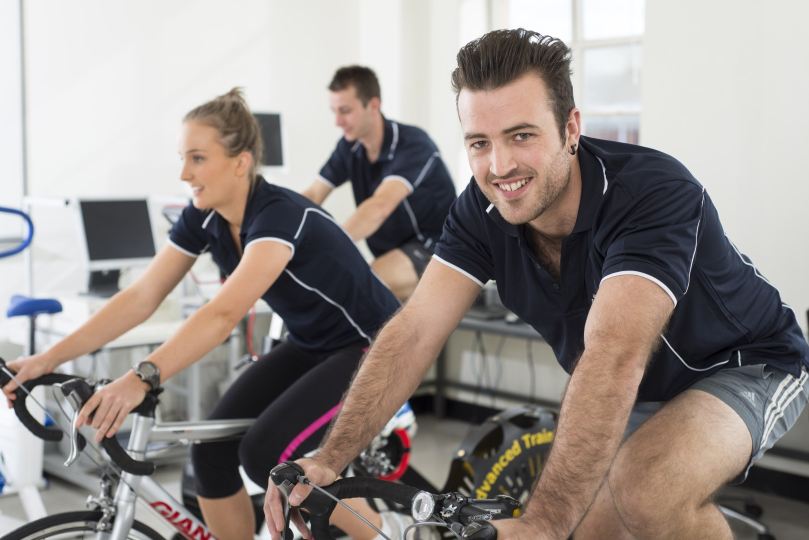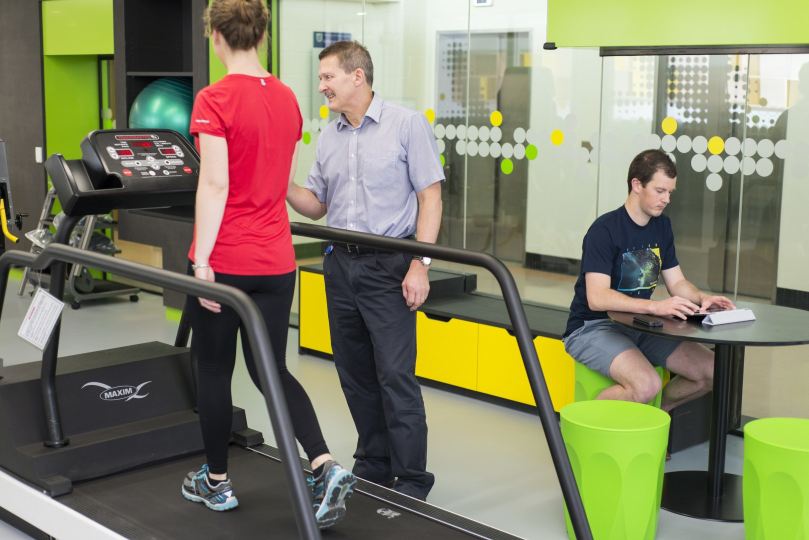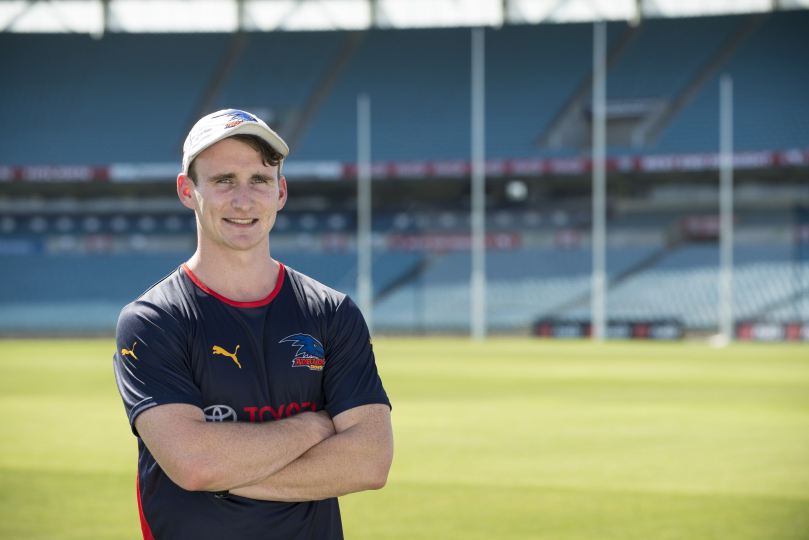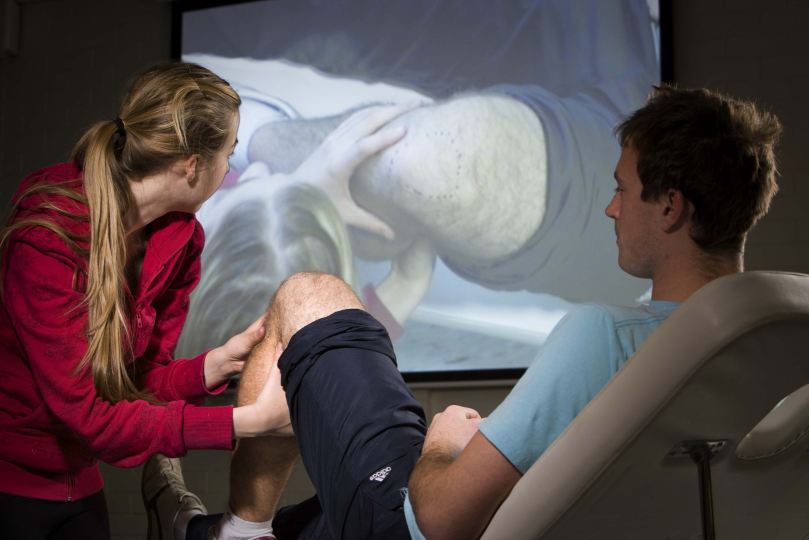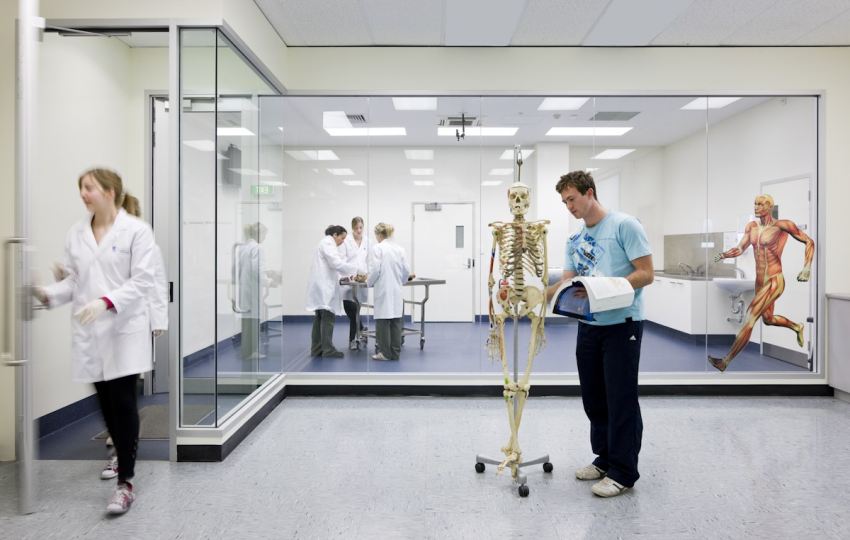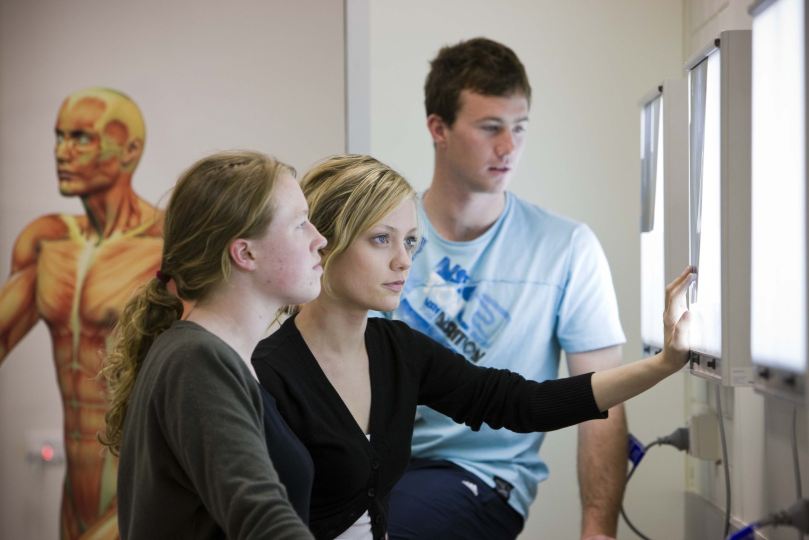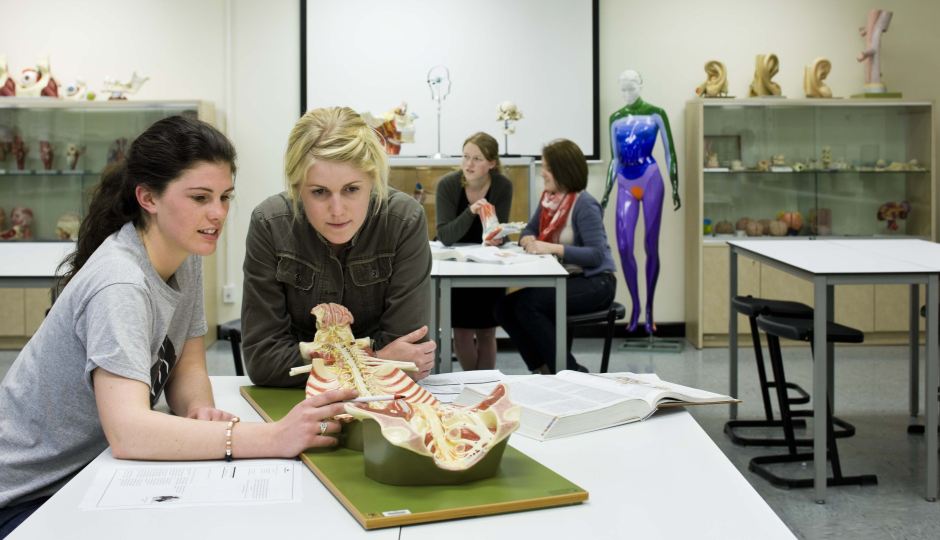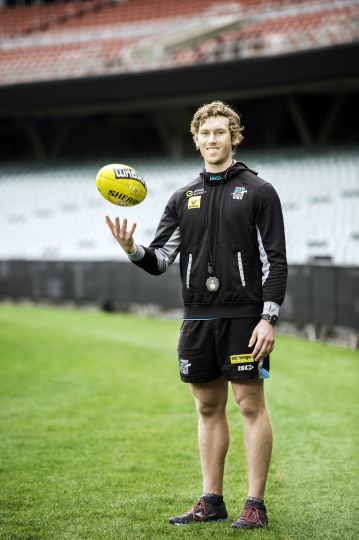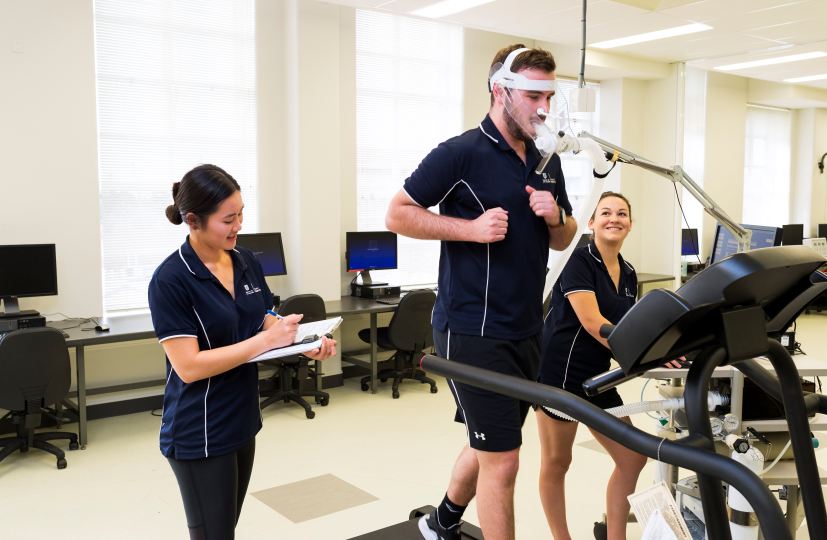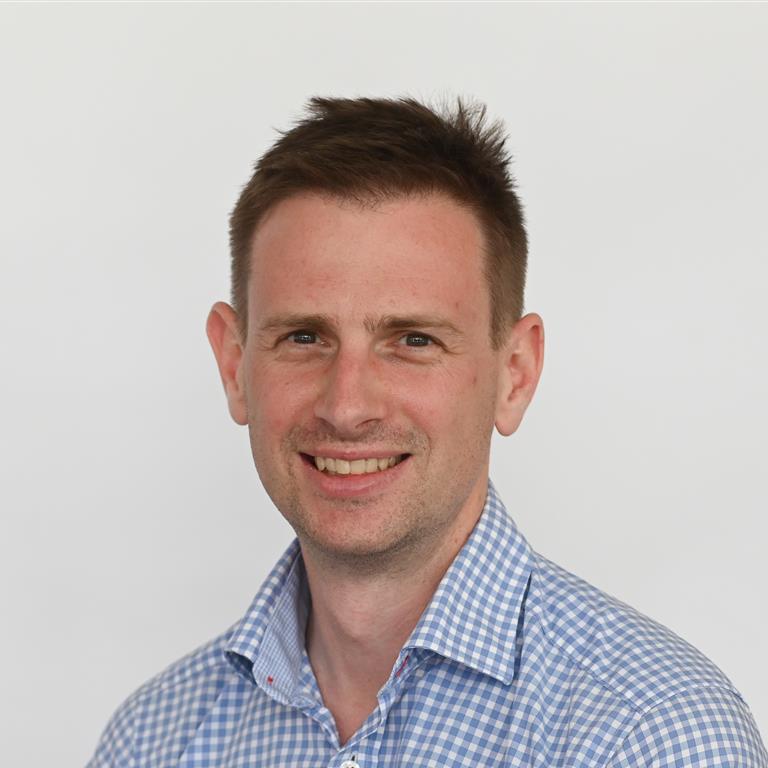Bachelor of Exercise and Sport Science, Bachelor of Psychology (Counselling and Interpersonal Skills)
Degree Level Undergraduate
Year 2024
You're considered an International student if you are:
Degree Level Undergraduate
Year 2024
Program Code
IBXP
Prerequisites
None
Assumed Knowledge
None
Fees
AUD$ 33,500 per annum (per 1.0 EFTSL) for students enrolled in 2024
Admissions
Student Profile
International Admission by Country
See full entry requirements
CRICOS Code
094937F
The admission criteria have been grouped to assist you to easily find the information most relevant to your circumstances. However, you may fit into more than one and the university will consider applicants against each of the relevant criteria.
Certain conditions apply. For more information refer to Appendix 4 of the University's Selection and Entry policy.
Applicants are required to meet one of the following criteria with a competitive result, and demonstrate that they fulfil any prerequisite requirements and essential requirements for admission:
Recent secondary education
Meet any prerequisite requirements with a minimum grade of C- or equivalent
AND
Applicants who have not achieved the Selection Rank required for automatic selection may be selected for any remaining places based on the grades of their year 12 subjects.
OR
Higher education study
OR
Vocational Education and Training (VET)
OR
Work and life experience
| Nepal NEB | 3.21 |
| Bangladesh HSC | 5 |
| Canada High School (OSSD) | 85 |
| Eynesbury FSP | 410 |
| German Abitur | 2.5 |
| Kenya KCSE (average) | A |
| Malaysia STPM (best 3) | 12 |
| Malaysia UEC | 22 |
| Norway GPA | 5 |
| Pakistan HSSC | 90 |
| Sri Lanka A Levels (best 3) | 12 |
| Sweden GPA | 17.5 |
| UK Board GCE A Levels/HK Board | 12 |
| Vietnam | 9.5 |
| Australia | 90 |
| IB (best 6) | 33 |
| USA SAT (1600) | 1420 |
| India (best 4) State Board | 90 |
| India (best 4) Central Board | 80 |
| HKDSE | 19 |
1Exercise and Sport Science Australia (ESSA). 2Ranked #35, 2021 Shanghai Global Ranking of Sport Science Schools and Departments. 3ComparED (QILT) Student Experience Survey 2021-22, Skills Development Indicator (Undergraduate). SA public universities. 4Ranked #52, 2023 THE Young University Rankings.
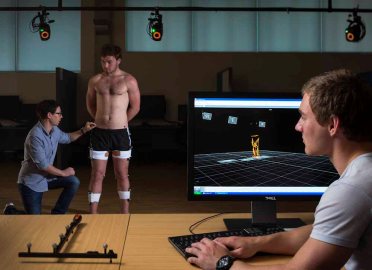
Start your unstoppable career supporting people's health and wellbeing, with a double degree in exercise and sport science, combined with counselling and interpersonal skills.
This unique double degree – the only one of its kind in South Australia – will develop your expertise in physical, social and psychological science. You'll be prepared for work providing counselling to athletes, delivering enhanced rehabilitation services, and enhancing the physical health and mental wellbeing of the population.
This double degree can form the first part of a pathway to becoming a practising Psychologist (including sports psychologist) with further study in the Bachelor of Psychology (Honours), and the first part of a pathway to teaching with further study in the Master of Teaching (Secondary).
Students who undertake activities where interaction with patients/the public is required for their degree, such as field or clinical placements/visits and in University clinics and gyms, must demonstrate they meet mandatory pre-placement conditional requirements. These include criminal history clearance, a Working with Children Check and immunisation requirements.
Please visit the Clinical Placement Unit for information on key requirements, and to access the full student checklists.
This unique double degree will provide you with expertise in the science of exercise and sport, human thought and behaviour. You’ll develop cognitive and creative skills to solve real-world scientific problems and apply your knowledge in diverse contexts such as sports and mental health.
You'll learn how to provide exercise advice, deliver strength and conditioning services, do biomechanical analyses, and share skill acquisition knowledge to enhance people's physical and mental wellbeing from children, to elite athletes, to older people.
Your courses in psychology theory and counselling will help you enter the workforce with a strong understanding of the analytical, communication and interpersonal skills needed to work with individuals, groups and communities.
In the first two years, you’ll study exercise and sport science courses, with an introduction to psychology, which will give you a solid understanding of:
The third and fourth years have a strong practical focus. You’ll develop critical thinking and practice-based skills to:
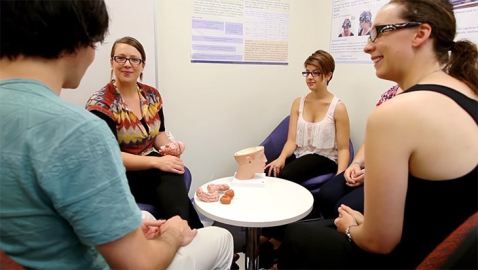
Embark on the journey to become a physical and mental health specialist in an enterprising tertiary environment which provides practical learning opportunities, guided by world-class industry experts.
With UniSA, you'll graduate with two degrees in just one extra year of study, armed with a unique set of skills relevant to current and emerging market trends in physical and mental health.
UniSA offers the first fully accredited exercise and sport science degree in South Australia.1 You’ll also benefit from studying at South Australia’s No. 1 university for psychology research,2 as well as above world-class research in exercise and sports science.3 UniSA is also home to the highly regarded Alliance for Research in Exercise, Nutrition and Activity (ARENA).
Graduates are eligible to apply to become an Accredited Exercise Scientist through Exercise and Sport Science Australia (ESSA).
1Exercise and Sport Science Australia (ESSA). 2The only university in SA to have all its assessed Psychology and Cognitive Sciences research rated well-above world standard. 32018 Excellence in Research for Australia (ERA).
As the health and wellbeing industry continues to grow, employment prospects for graduates of this double degree are promising.
Careers to consider include:
To become a Registered Psychologist or Research Psychologist you’ll need to do the following:
This degree is accredited by Exercise and Sport Science Australia (ESSA). Graduates are eligible to apply for registration as an Accredited Exercise Scientist through ESSA.
This program is accredited by the Australian Psychology Accreditation Council.
How to apply for international students will give you helpful information about the application process at the University of South Australia. When you are ready, apply through our International Application System. If you would like to talk to someone near you about studying at the University of South Australia, we have agents all over the world who can assist you. Find an Education Agent in your country.
Australian
There are other pathways you can follow to study this degree, including:
International
Every year, over 2,500 UniSA students are supported in their studies through scholarships and grants worth millions of dollars. Check out the scholarships below. One of them may be perfect for you. Visit our scholarships page for more.
Recipients can get a 50% reduction on tuition fees for up to four years of full-time study for selected degrees.
Recipients can get a 15% reduction on tuition fees for the duration of their chosen degree.
As a UniSA student, you will have unique access to work placement opportunities, overseas study tours and exchanges, networking events, internships, guest speakers and more.
Our campuses are equipped with state-of-the-art facilities including modern lecture theatres, libraries, workshops and laboratories, as well as spaces that simulate real work environments. These are all supported by the latest technologies and a 24/7 online learning platform. We have health services on campus, gymnasiums, technology zones and great student lounges. You will also gain access to a range of community clinics, which provide professional and cost effective services in areas of health, business, law and psychology. There are campus sport activities to keep you active, and if you are keen to explore the social side of university life, there are movies, cooking demonstrations, parties and lots more.
Adelaide also has a variety of accommodation options to suit different requirements and budgets. Options include dedicated student accommodation and private rentals. See our long-term accommodation pages, or explore our student accommodation by Scape on Bank Street in Adelaide’s lively cultural precinct, an ideal location for students. It is within easy reach of UniSA’s city and metropolitan campuses, Rundle Mall shopping, the Central Market, Chinatown, and the West End’s vibrant nightlife. It is also across the road from the Adelaide train station, and on bus and tram routes.

As a hands-on degree, you’ll benefit from UniSA’s practical approach to learning. You'll have access to facilities including:
From 2025, students in our Human Movement, Exercise and Sport Science and Clinical Exercise Physiology programs will benefit from an integrated practical learning experience with the South Australian Sports Institute (SASI). You can study alongside elite athletes and leading industry experts, and learn how to use the latest equipment and sport science technology in new, purpose-built facilities.
You’ll also have access to a range of on-campus spaces including modern lecture theatres, collaborative teaching rooms and relaxed student lounges.
I am proud to direct a program that is delivered by a team of highly-qualified researchers and educators with a genuine interest in developing students into industry ready graduates. This Exercise and Sports Science Australia accredited program utilises innovative and safe learning environments, and offers opportunities for practical experience within industry settings, to enable students to pursue excellence and fulfil their highest potential.
There are a number of ways to apply to study UniSA's undergraduate and postgraduate coursework degrees.
You can access our online International Application System through our How to Apply page. The International Application System is an easy and secure online application and acceptance process. You will have visibility of your application through the secure online portal with the ability to download offer documents, submit your acceptance and make a payment.
Alternatively you can submit an application through one of the University's registered Education Agents.
If you are completing an Australian year 12 qualification in Australia or overseas, or the International Baccalaureate (IB) Diploma Programme in Australia, you must apply through SATAC http://www.satac.edu.au/.
If you are applying for the UniSA Study Abroad or Study Abroad Plus program, you can submit your application online here.
Postgraduate study by research
For information on applying to do postgraduate study by research, including Masters by Research, PhDs or Doctorates, please visit http://unisa.edu.au/resdegrees.
There is no closing date for submitting your application however the admissions process takes between one and three weeks from the date that we receive your application and all required supporting documentation.
If you are completing an Australian year 12 qualification in Australia or overseas, or the International Baccalaureate (IB) Diploma Programme in Australia, you must apply through SATAC. Key dates for applications can be found here.
You may be eligible to receive credit or advanced standing for your chosen UniSA degree based on your previous studies, if they are in a related area at an equivalent or higher level. Receiving credit will reduce the number of courses you undertake within the degree, and may also reduce the overall duration of your degree.
The amount of credit you may be eligible to receive is assessed on a case-by-case basis by the Admissions team.
The best way to determine your eligibility to receive credit or advanced standing is to apply using our International Application System which can be found on our How to Apply page. You will need to supply detailed syllabus documents with your application.
UniSA welcomes the opportunity to speak with you regarding your study options. Our staff are able to talk to you about degree information, career outcomes and pathways, entry requirements, applications, and student life, so that you are able to make the best study decision for your future.
Click here to book a 1:1 appointment with one of our enquiries team.
We also have many events throughout the year in Australia and overseas where you can speak with UniSA representatives about your area of interest. View our calendar of events in your home country by selecting the 'International' filter.
